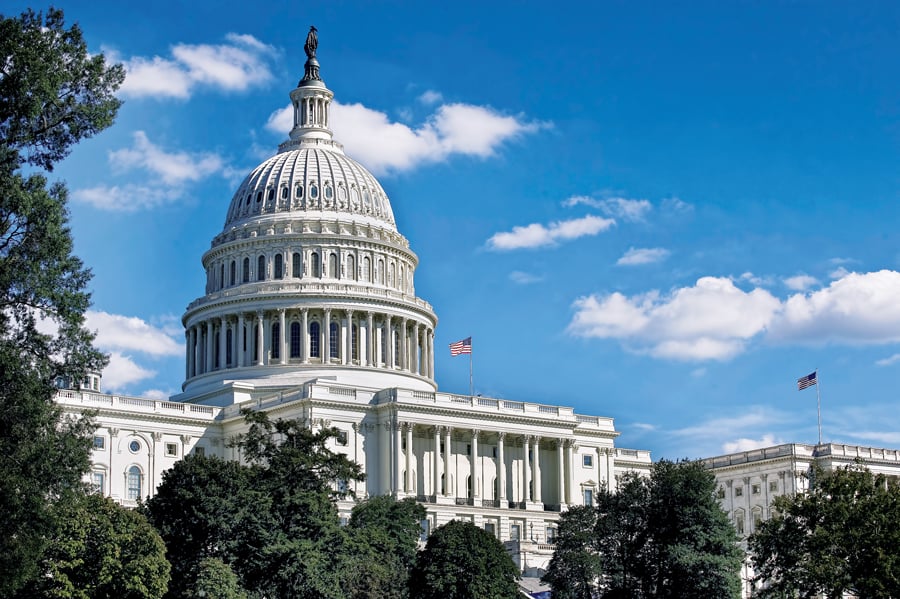

A U.S. House of Representatives bill introduced today is the latest attempt in Congress to tamp down on capital gains tax for retirees.
Those taxes would be reduced by the rate of inflation — a concept that has been floated in the past but has failed to progress. Rep. Tom Emmer, R-Minn., reintroduced the bill, the Retirement Inflation Protection Act, after an identical measure died in committee last October.
The legislation would allow an inflation adjustment for stock or business property held by people 59 ½ or older who have held the assets for more than three years. The inflation adjustments would be made according to the Chained Consumer Price Index for All Urban Consumers.
“Currently, the tax system inadvertently penalizes our aging Americans for offloading these investments — the very investments that are designed to financially secure their retirement — because capital gains taxes are not indexed for inflation,” Emmer said in an announcement from his office.
The bill “would make it clear that taxes are not owed on gains that are simply the result of inflation,” the announcement stated.
Emmer has been active in legislation affecting the financial services industry. He has also introduced bills designed to curb litigation against mutual fund providers for allegedly charging excessive fees. Emmer has also shown much interest in regulations governing cryptocurrency, including how such assets are taxed and how brokerages can hold them.

Canadian stocks are on a roll in 2025 as the country prepares to name a new Prime Minister.

Two C-level leaders reveal the new time-saving tools they've implemented and what advisors are doing with their newly freed-up hours.

The RIA led by Merrill Lynch veteran John Thiel is helping its advisors take part in the growing trend toward fee-based annuities.

Driven by robust transaction activity amid market turbulence and increased focus on billion-dollar plus targets, Echelon Partners expects another all-time high in 2025.

The looming threat of federal funding cuts to state and local governments has lawmakers weighing a levy that was phased out in 1981.
RIAs face rising regulatory pressure in 2025. Forward-looking firms are responding with embedded technology, not more paperwork.
As inheritances are set to reshape client portfolios and next-gen heirs demand digital-first experiences, firms are retooling their wealth tech stacks and succession models in real time.
